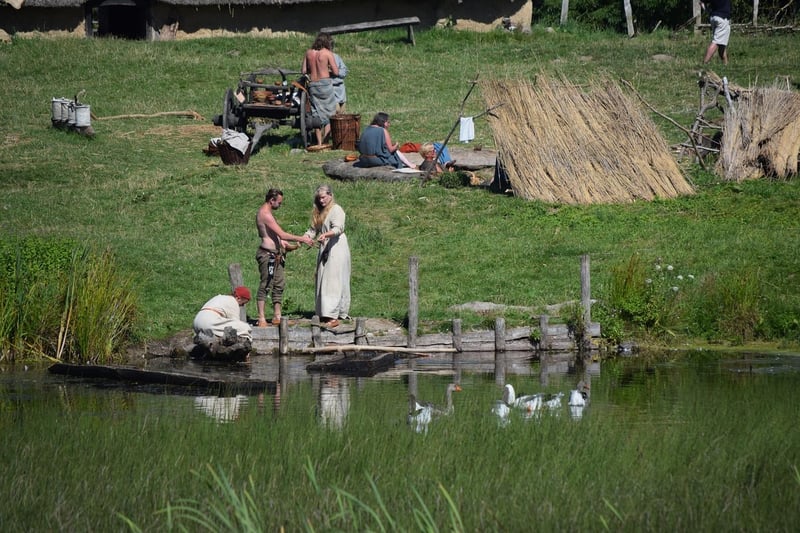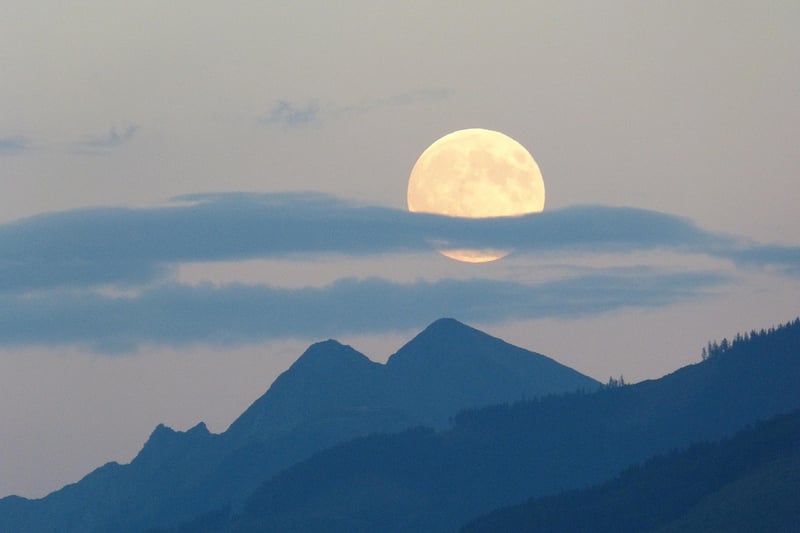Future Exploration
Exploring Various Eras and Future Exploration
Introduction
Discovering the past and envisioning the future are two fascinating aspects of human curiosity that drive exploration in various eras. Let's delve into the exploration of different historical periods and ponder the exciting prospects of future exploration.
Ancient Era
In ancient times, exploration was marked by intrepid adventurers like the Phoenicians, who sailed the Mediterranean, and the Chinese, who voyaged across the Pacific. These journeys expanded horizons, facilitated trade, and fostered cultural exchange.

Medieval Era
The medieval era witnessed explorers such as Marco Polo, who traveled the Silk Road, and the Vikings, who navigated the seas to reach distant lands. These endeavors opened up new territories, shaping empires and connecting civilizations.

Age of Exploration
The Age of Exploration saw the likes of Christopher Columbus and Vasco da Gama charting unknown waters, leading to the discovery of the Americas and the establishment of global trade routes. This period transformed societies and sparked the exchange of goods and ideas.

Modern Era
In the modern era, exploration extended beyond Earth, with endeavors like the Apollo moon missions and robotic probes to distant planets. These ventures pushed the boundaries of human knowledge and paved the way for space exploration.

Future Exploration
Looking ahead, the future of exploration holds endless possibilities, from Mars colonization to interstellar travel. Advancements in technology, such as AI and robotics, are set to revolutionize how we explore the cosmos and unlock the mysteries of the universe.

Conclusion
Exploration across different eras has shaped our world, from ancient civilizations to modern space missions. As we gaze towards the future, the spirit of exploration continues to drive humanity forward, pushing the boundaries of what is possible and inspiring generations to dream of the unknown.
